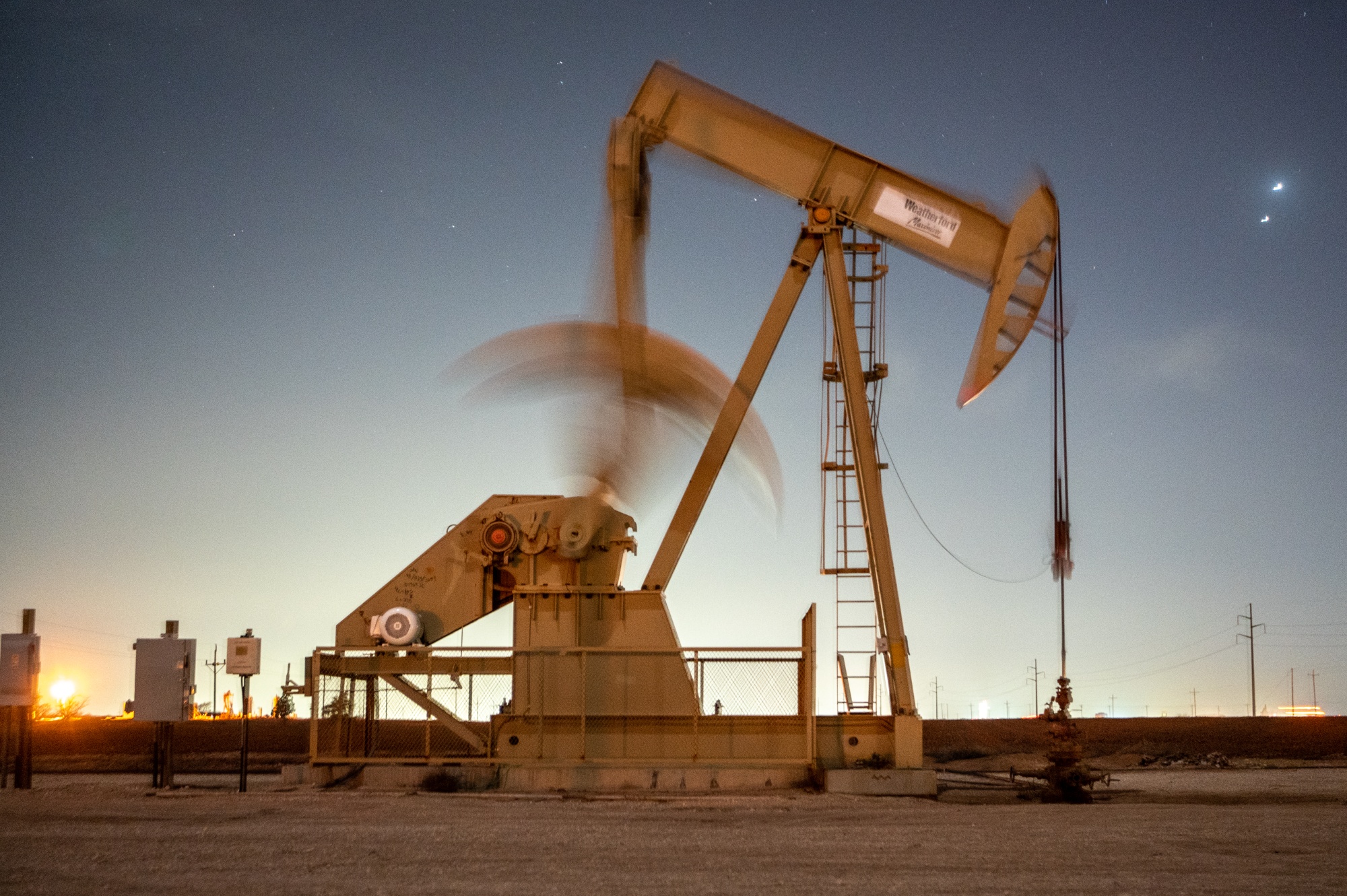
- Commodities
Oil steady as US inventories fall
Do you want to know how to make money from this?
Register for free and get expert advice, access to a training course and webinars.
Key points:
- Oil prices have stabilised after falling amid falling US stockpiles and the crisis in Libya.
- The situation in Libya is having a significant impact on the global oil market.
- Libyan leaders in the east have announced a blockade of the oil industry in response to the resignation of the central bank chief.
Oil prices steadied on Thursday after two days of declines. Concerns about Libyan supplies resurfaced, while a smaller-than-expected draw in U.S. crude inventories dampened optimism about energy demand.
Brent crude futures ended the day down 7 cents at $78.58 a barrel. WTI contracts also lost 1 cent, settling at $74.51 a barrel.
Libya in focus of traders
Both oil contracts closed Wednesday down more than 1%. The price decline was driven by data on U.S. crude inventories, which were higher than analysts had expected. Despite the 846,000 barrel decline, a larger 2.3 million barrel decline had been expected.
Concerns about supply disruptions from OPEC member Libya are having a stabilizing effect on the market. Priyanka Sachdeva, senior market analyst at Phillip Nova, notes that problems with oil production in Libya, caused by rising geopolitical tensions, will support oil prices and limit their decline. Currently, a number of Libyan oil fields have suspended their operations due to the fight for control of the central bank. According to experts, this could lead to a reduction in oil production by 900,000 to 1 million barrels per day for several weeks.
Crisis in Libya could worsen
The escalating conflict in Libya has led to a further blockade of the country’s oil industry. Eastern leaders have set a tough condition: the resignation of the appointed central bank, the state’s key financial authority, whose control is the subject of a bitter fight between different factions.
The crisis over the post of Libya’s central bank governor threatens to destabilize a major oil producer divided between eastern and western forces backed by Turkey and Russia respectively. On Wednesday, a near-total shutdown was reported at the Sarir field, resulting in a loss of about 209,000 barrels of oil per day. Other major fields including El-Feel, Amal, Nafura and Abu Atifel have also experienced disruptions.
Eastern factions have pledged to halt all oil production until the internationally recognized Presidential Council reinstates veteran banker Sadiq al-Kabir. Although Presidential Council Chairman Mohammed al-Menfi sacked al-Kabir earlier this month, the move was rejected by the eastern parliament and Libyan National Army Commander Khalifa Haftar.
The situation has been exacerbated by the mobilization of armed groups in the northwest, significantly increasing the risk of renewed fighting. The eastern government, which controls most of Libya’s oil fields, has announced a complete halt to oil production and exports. However, as of Wednesday, some ports under eastern control were still operating as normal.
Do you want to know
How to make money from the news
Register for free and get:
- Expert consultation;
- Access to the training course;
- Opportunity to participate in webinars

